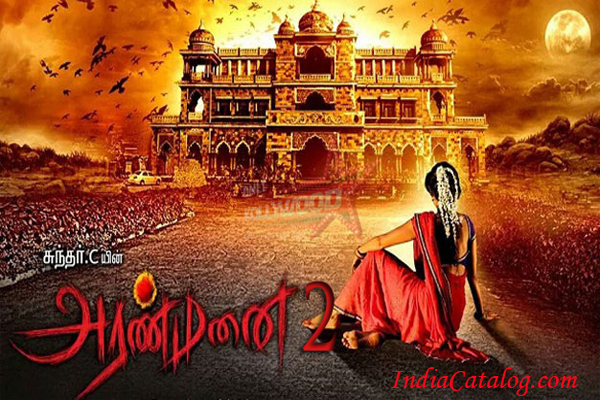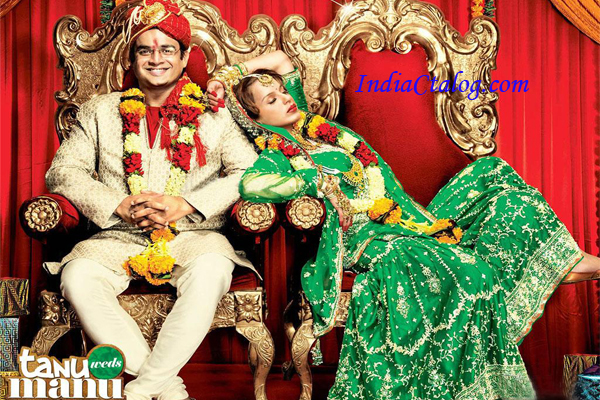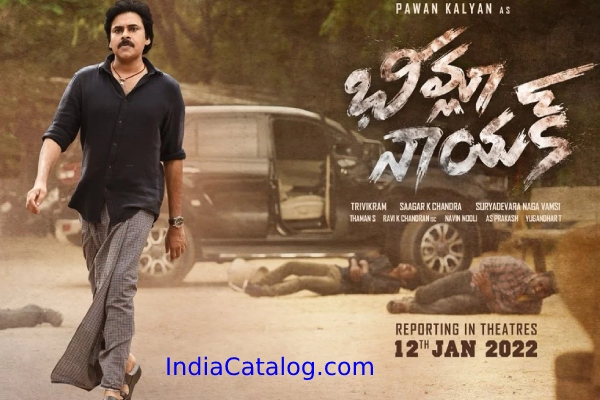Virat Kohli says he can now sleep like a baby as finally, Royal Challengers Bengaluru own the night
.webp)
Early in the final over of the game, as Royal Challengers Bengaluru’s victory was virtually confirmed, Virat Kohli sunk his face into his hands.
After 18 years of expending everything for the only franchise he had turned up for, Kohli, jersey No. 18, knew he could finally kiss the elusive IPL trophy. When the game was officially over – RCB beat Punjab Kings by six runs, chasing 190 in Ahmedabad – he plunged to the turf and shed tears of joy.
Later Kohli, emotional but articulate, spoke about his relentless pursuit of the IPL title. “I have given this team my youth, prime and experience. Tried to win it every season, gave it everything I can. Never thought this day would come, was overcome with emotion after we won,” he said, his voice choking. He did not forget his old RCB mate AB de Villiers, who was at the ground as television expert. “What ABD has done for the franchise is tremendous, told him ‘this is as much yours as it is ours’,” he said.
For Kohli, and RCB, the IPL journey has been arduous. The face of the team for over a decade now, Kohli played three finals before today but never got his hands on the Cup. He had to wait until almost midnight in Ahmedabad to rejoice the moment he had always waited for. He had to wait till he was 36, nearing the epilogue of his career, but he celebrated the moment as joyously as he would have been in his 20s. He had to wait till Punjab Kings’s last-batsman-standing Shashank Singh missed the second ball of the last over.
The script of the match flowed in similar lines to last year’s T20 World Cup that India won. As in Barbados, Kohli’s touch eluded him. He mistimed several balls, failed to bisect the field, mishits were plenty, could muster three fours in 35 balls, which could purchase him only 43 runs. But he fought on, as hard as he could, as fiercely as he could. Kohli the batsman might have diminished, but not Kohli the fighter, the mentality monster, the man who never surrenders.
To make up for the elusive fours, he ran singles and doubles as though his life hinged on them. He cursed himself when he missed boundary balls, he hit the turf and slapped the air when things didn’t go his way, he admonished himself when he perished. He wanted to be there, till the last ball, till his dream was alive. This was how much winning the final meant to him.
While fielding, he breathed a raw wild energy, a throwback to his fiery youth. He appealed for everything, pleading, and imploring the umpire to lift his index finger. He could scold the erring bowlers, congratulate them whenever they bowled half a good ball. He was pure theatre as always had been.
Even when Punjab’s batsmen Shashank and Nehal Wadhera threatened to conceptualise a heist, he urged them to stay calm. He is no longer the captain, but he remains his team’s talisman, the man everyone turns to in crisis. He lived the game, as though it were his first game, spilling the same excitement and joy, as he had throughout two decades of competitive cricket. It was the day he had longed to live for so long.
It was also a day RCB had dreamt since the tournament’s inception in 2008. Over the years, the story of the franchise was all about endless heartbreaks, wild parties in the Vijay Mallya days, sixes showering in the Chris Gayle era, and recurring fodder of trolls and memes. It’s ironic that the trophy-winning squad lacks the glamour and firepower of their previous iterations.
The bedrock of the success was an unfashionable fast bowler from Australia, sans express pace and bagful of cryptic variations, but unerring with his lengths and lines. Josh Hazlewood’s trusted accomplice was a swing merchant supposedly past his prime, Bhuvneshwar Kumar, and left-arm seamer Yash Dayal, once heaved for five sixes in an over in the final over of an IPL game a few years ago.
The spinners – Suyash Sharma and Krunal Pandya – don’t evoke much dread either. Apart from Kohli, there is no marquee name on the batting list. Captain Rajat Patidar is arguably the most lightweight captain in the league.
It was a triumph of collectivism from the most utilitarian RCB team ever.

.webp)
.webp)
.webp)
.webp)
.webp)
.webp)
.webp)
.webp)
.webp)
.webp)













